This year has been one of new developments and change here at the Stuttering Treatment and Research Trust (START). Alongside that, was our ongoing work with people who stutter and with other professionals developing their practice in this area. As always, after 12 months of hard work, we like to look back and reflect on all that’s gone on at START this year.
Our ongoing work continued.
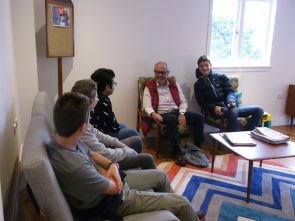 Over 200 people who stutter worked with our Speech Language Therapists (SLTs) to make a real difference in their lives. Family members accompanied many of our younger clients. Most of our clients came to see us in person, with approximately 20% of clients working with us by skype from all over Aotearoa, New Zealand. We also provided group programmes and social support to a number of people who stutter. These areas are the heart of our mahi or work. We continue to be encouraged by the progress so many people made over this year, and the way that this affected their lives and the lives of the people who love them.
Over 200 people who stutter worked with our Speech Language Therapists (SLTs) to make a real difference in their lives. Family members accompanied many of our younger clients. Most of our clients came to see us in person, with approximately 20% of clients working with us by skype from all over Aotearoa, New Zealand. We also provided group programmes and social support to a number of people who stutter. These areas are the heart of our mahi or work. We continue to be encouraged by the progress so many people made over this year, and the way that this affected their lives and the lives of the people who love them.
We provided specialist workshops for approximately 100 SLTs working in other settings across NZ to support their work with people who stutter. Again, this work is vital, as it upskills generalist SLTs in this area.
We farewelled two long-standing team members as they embarked on new journeys.
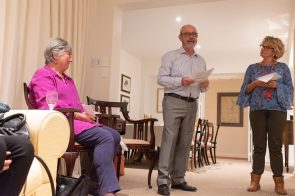 Frances and Voon have both made significant contributions to START over the combined 20 years they’ve been with us. In June 2019, we said goodbye to Frances as she left to spend more time travelling and with family. Frances ably raised over $1,000,000 in trust and foundation grants during her 12 years as our Grants Coordinator. This funding has been key to enabling us to offer the level of service that we have provided over those years. Voon has been an invaluable addition to the START team of SLTs over the past 8 years, with his seemingly never-ending passion for working with people who stutter.
Frances and Voon have both made significant contributions to START over the combined 20 years they’ve been with us. In June 2019, we said goodbye to Frances as she left to spend more time travelling and with family. Frances ably raised over $1,000,000 in trust and foundation grants during her 12 years as our Grants Coordinator. This funding has been key to enabling us to offer the level of service that we have provided over those years. Voon has been an invaluable addition to the START team of SLTs over the past 8 years, with his seemingly never-ending passion for working with people who stutter.

He also had a significant focus on ongoing development and learning and was a strong advocate for our group programmes. We said goodbye to Voon in August as he embarked on a journey to develop his skills in other areas. Voon has made a significant difference to the lives of the many people he has worked with and has helped to support and train a large number of SLTs working in other settings.
We welcomed some wonderful new team members as well.
Beth, Nikki, and Brittney all joined us this year and are already highly valued members of our team. It is exciting to have new energy and fresh eyes in our organisation. Beth and Brittney are both members of our SLT team, with Beth joining us in February and Brittney joining us in October. Both have taken to this specialist field eagerly. It’s been great to see their expertise grow and develop, supported by our longstanding SLTs. Nikki joined us as our new Grants Coordinator, and although Frances left big shoes to fill, she is a wonderful addition to our team and we appreciate her ability, alongside her energy and enthusiasm for START’s work.
We started to delve into the history of our organisation.
Next year marks 25 years of START helping Kiwis who stutter, and we want to celebrate that by collecting more knowledge about the history of how this unique organisation came about. We were, and still are, the only organisation in Aotearoa, that specialises in the treatment and support of people who stutter, and this in itself is worth looking back on. However, more than that, we are an organisation that was built from the ground up by people who stutter and those who love them, to fill the need for specialist treatment and support in New Zealand. This is a unique beginning for an organisation, and has meant that over the 25 years we’ve been in action, we’ve had so many dedicated people, including clients, staff, volunteers and Board members, walk through our doors and bring us to where we are today.
This year we worked with Dr Aroha Harris, Senior Lecturer in the University of Auckland’s History Department. Aroha and a number of her students have researched the history of START as a community organisation responding to community need. They have interviewed some key people in START’s history. We hope to bring all of this information together and we’ll be sure to tell you as soon as we do!
Save the Date – 25 years – looking back, going forward
As mentioned above, next year is a significant birthday for START, as we will have been providing services for people who stutter for 25 years. We have a few events planned to mark this special year, with the first of these being held on 18 March 2020 from 6:30 to 8:30pm here at The Stichbury Bidwill Centre. This will be an opportunity to celebrate what we have achieved together, catch up on what we are currently doing and look to the future. We are very excited to have Children’s Commissioner Judge Andrew Becroft as our speaker at this evening.
We started creating an interactive tree mural in our waiting area!
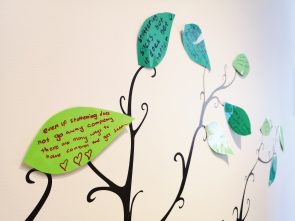 This year’s International Stuttering Awareness Day’s theme was ‘Growth through Stuttering’. With the help of many of you, we have created a tree mural on a wall in our waiting area, with each of the leaves featuring a quote from people who stutter about how stuttering has helped them grow. We’ve had plenty of compliments on the artwork, so we’ve decided to keep it up for the foreseeable future. People can continue contributing to it for as long as they’d like. If you have not contributed to it yet but would like to do so, send us an email or give us a call and we’ll post you out a leaf for you to write on and send back to us.
This year’s International Stuttering Awareness Day’s theme was ‘Growth through Stuttering’. With the help of many of you, we have created a tree mural on a wall in our waiting area, with each of the leaves featuring a quote from people who stutter about how stuttering has helped them grow. We’ve had plenty of compliments on the artwork, so we’ve decided to keep it up for the foreseeable future. People can continue contributing to it for as long as they’d like. If you have not contributed to it yet but would like to do so, send us an email or give us a call and we’ll post you out a leaf for you to write on and send back to us.
We are planning the production of a video to support kiwi children who stutter.
This is an exciting project and we will tell you more about that next year. We also have other exciting things in mind which we will tell you more about in 2020.
Happy holidays, and we look forward to seeing you in the New Year.
Janelle Irvine
On behalf of the START team and Board
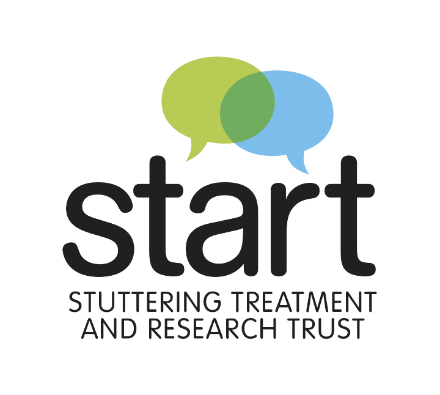
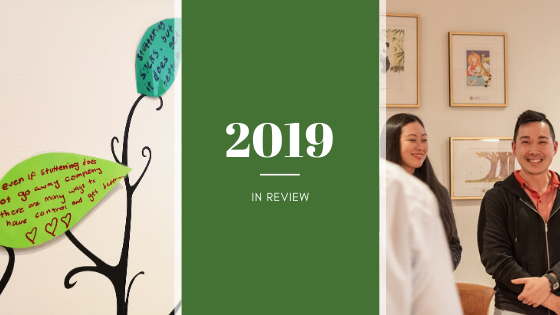

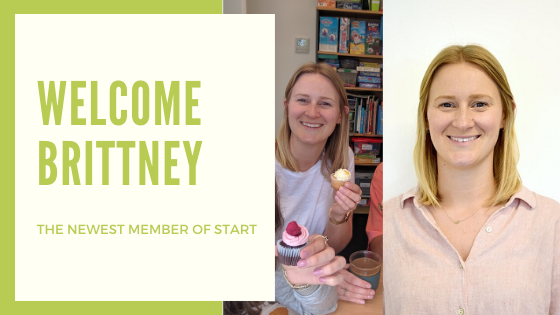
 Brittney is a born and bred Invercargill girl who studied Speech and Language Pathology at the University of Canterbury, graduating in 2012. She worked for the Ministry of Education in Invercargill and Wellington, before heading to the UK to work as a locum speech language therapist.
Brittney is a born and bred Invercargill girl who studied Speech and Language Pathology at the University of Canterbury, graduating in 2012. She worked for the Ministry of Education in Invercargill and Wellington, before heading to the UK to work as a locum speech language therapist.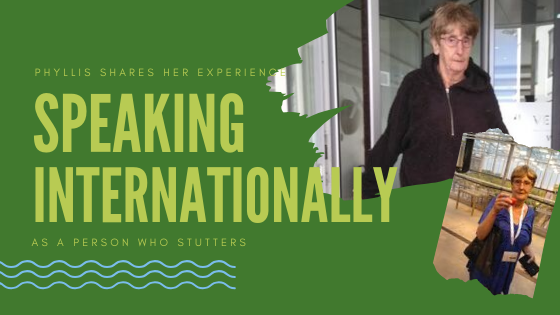

 “Half way through our campaign, we were approached by Mike Pollok, wanting to make a meaningful contribution towards our appeal,” says START Executive Director, Janelle Irvine.
“Half way through our campaign, we were approached by Mike Pollok, wanting to make a meaningful contribution towards our appeal,” says START Executive Director, Janelle Irvine. “When our son, Addison was three-and-a-half, we noticed him having problems with his speech. Over a matter of weeks, his speech deteriorated to the point where he was struggling with almost every sentence and was trying to force words out,” says Leighton Duke.
“When our son, Addison was three-and-a-half, we noticed him having problems with his speech. Over a matter of weeks, his speech deteriorated to the point where he was struggling with almost every sentence and was trying to force words out,” says Leighton Duke.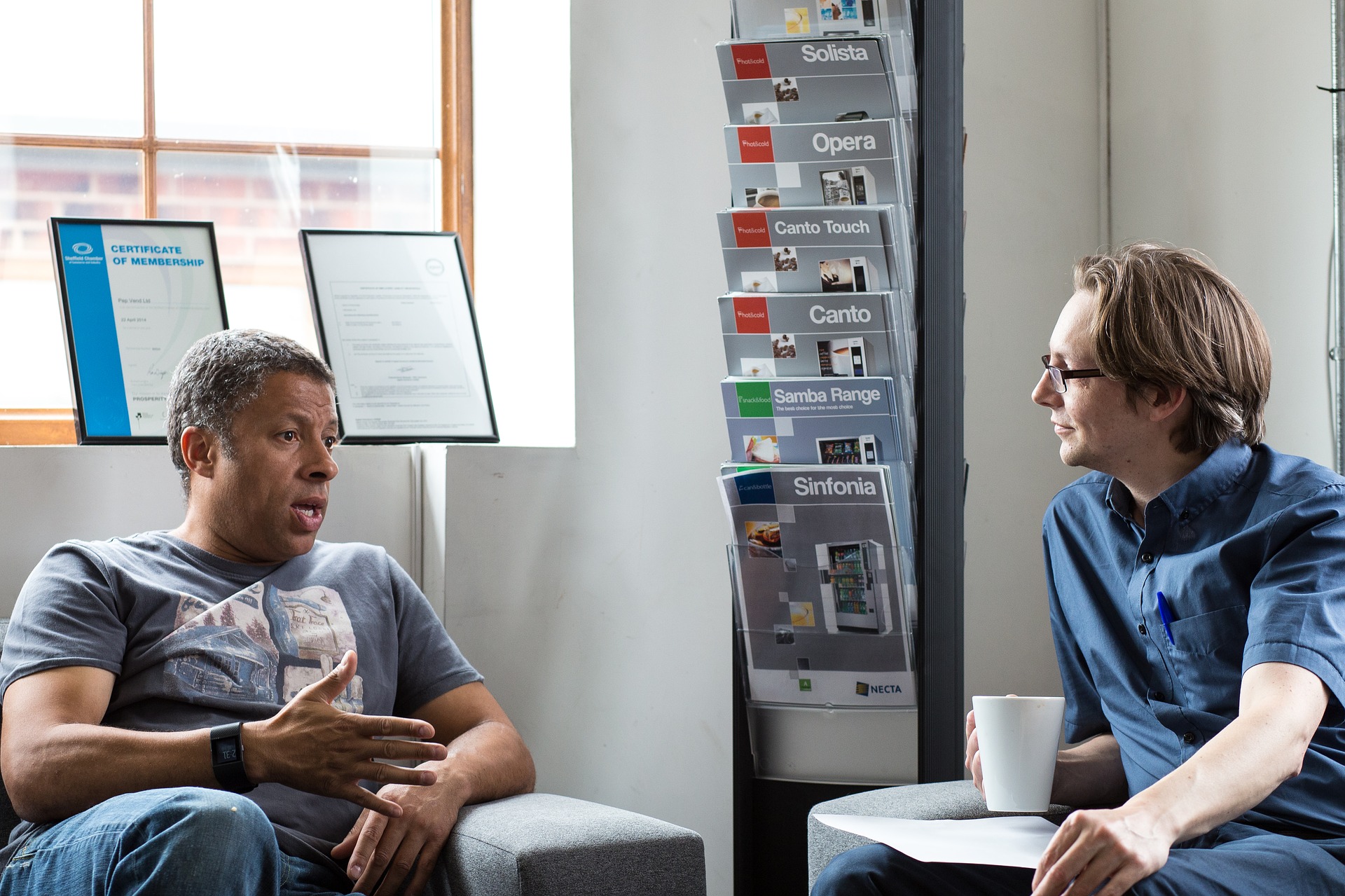

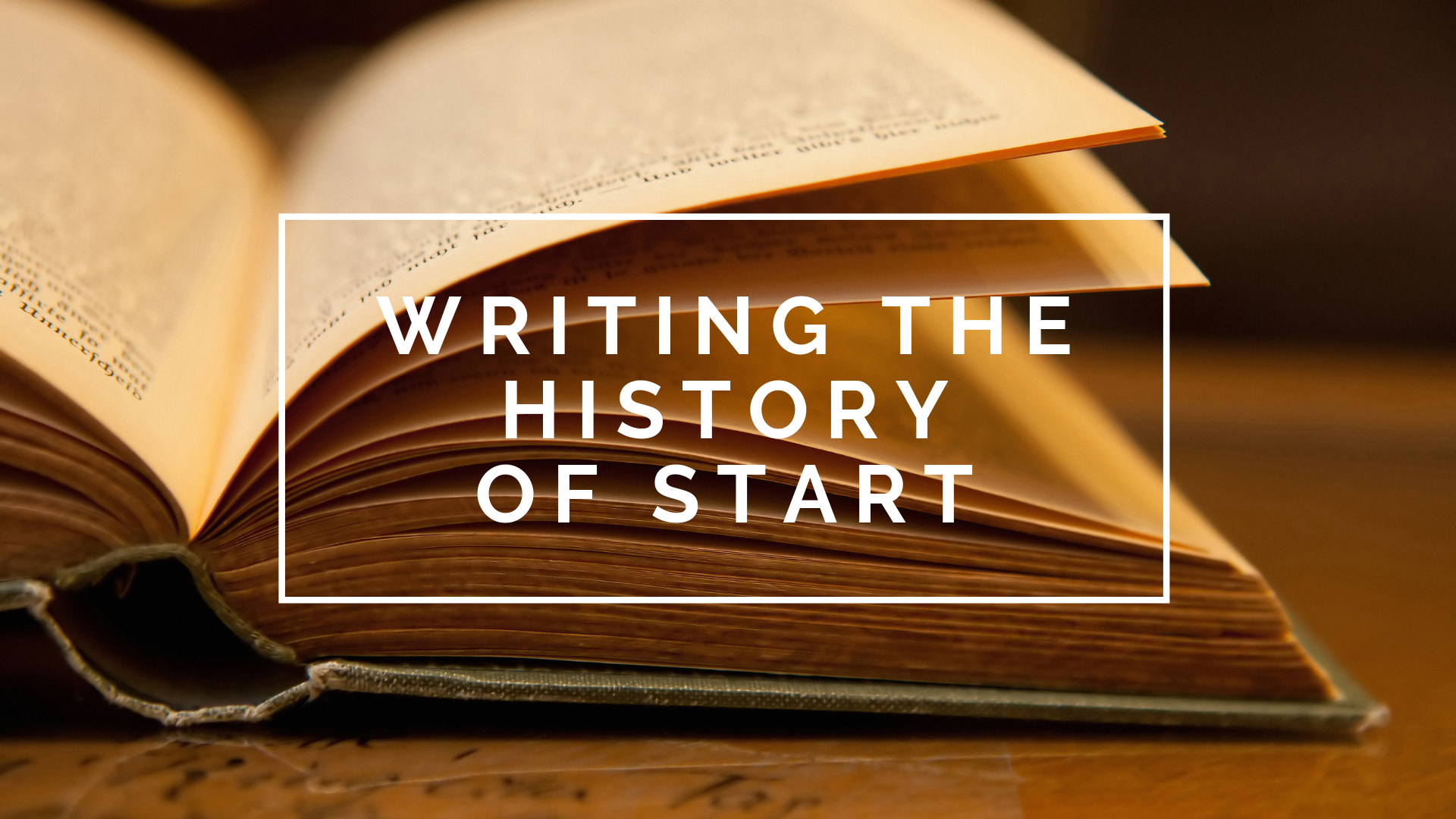
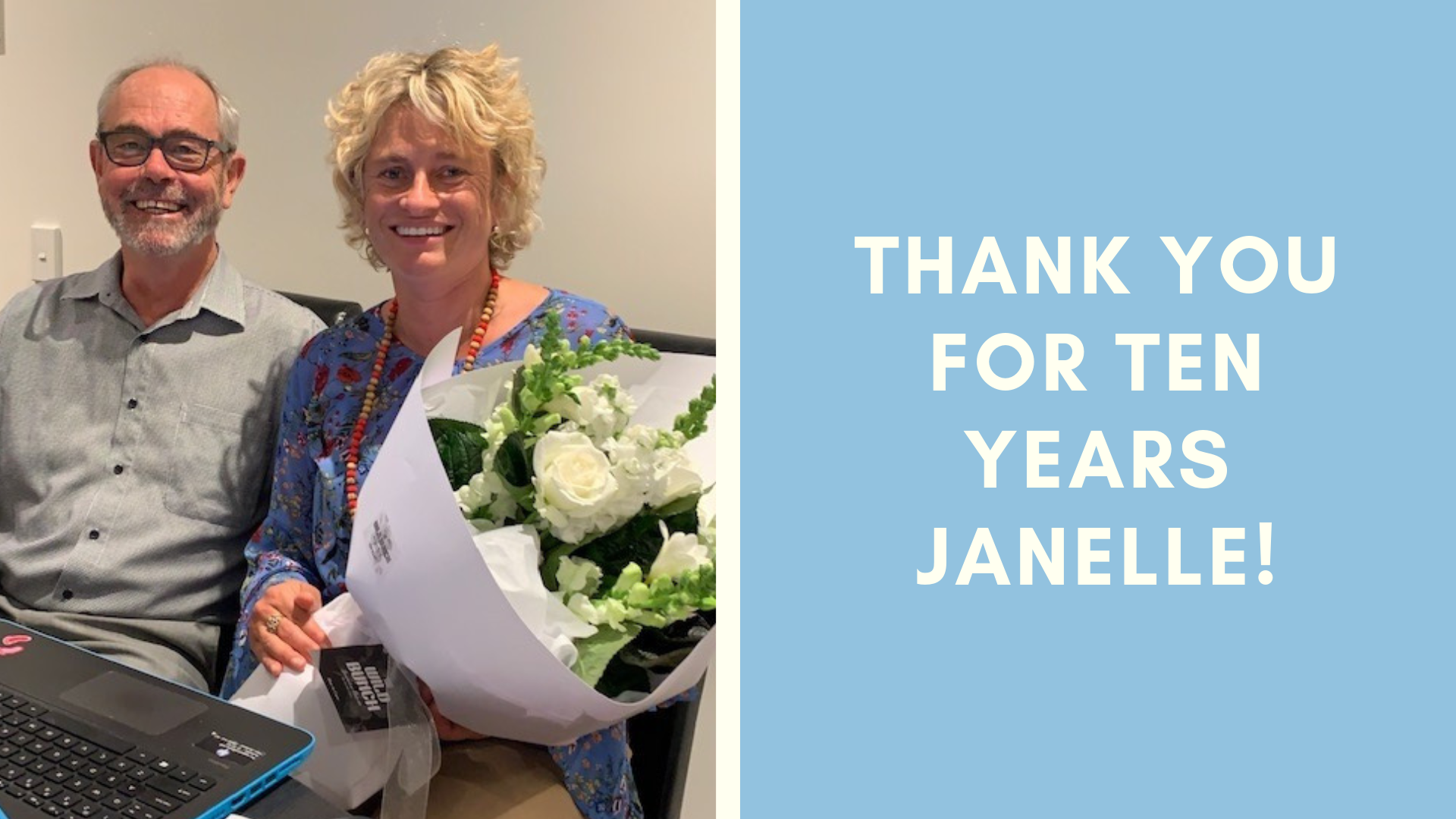

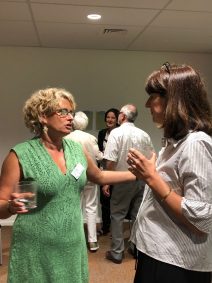
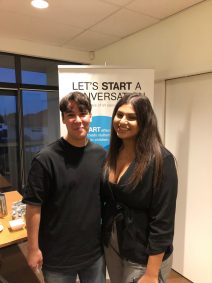
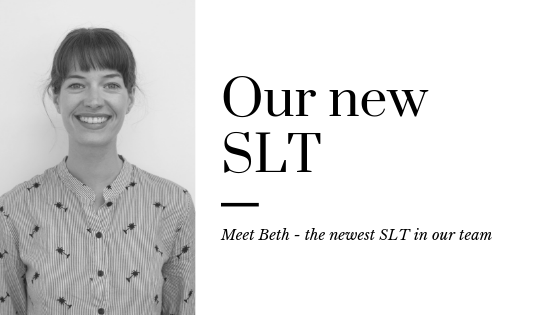
 reach as many people who stutter as possible.
reach as many people who stutter as possible.